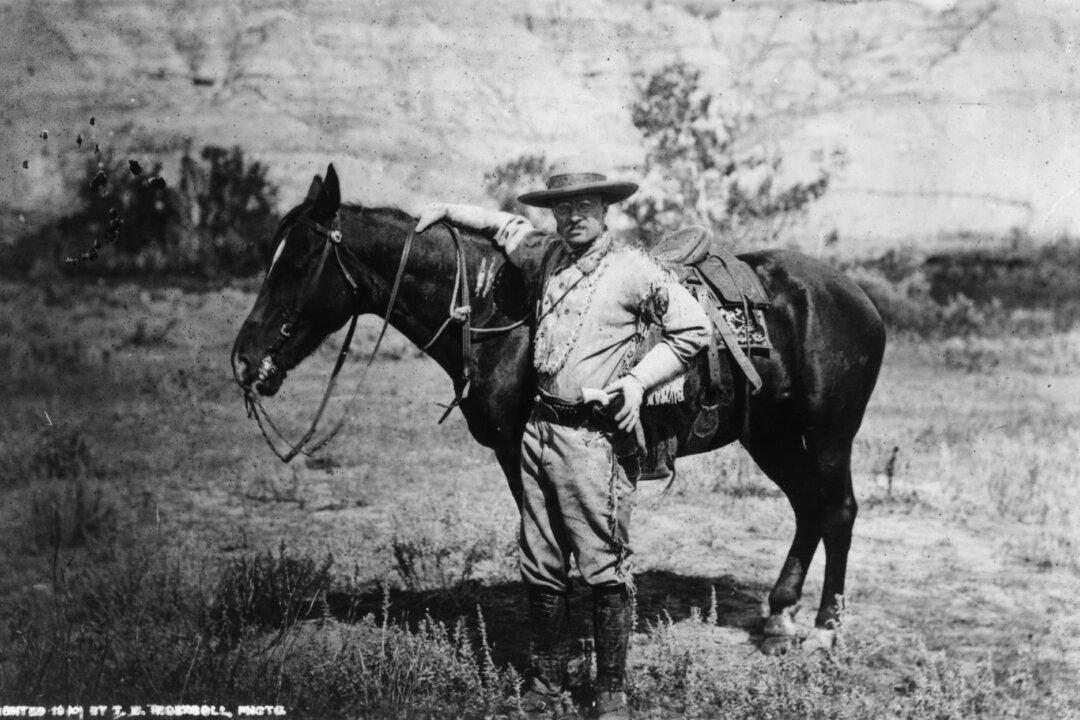“Don’t let the sun go down on your anger” is something I first heard in the original “Little House on the Prairie” television series. Little did I know at the time that this proverb has thousands of years of history and is backed up by science.
The Ingalls family, whose lives as early American pioneers were chronicled in Laura Ingalls Wilder’s beloved books, tried to live their lives as good, God-fearing people. (Somehow, as I write this, I’m struck that while this was depicted in the—very mainstream—TV show in the ‘70s about their lives, it seems to be, sadly, something that mainstream series just wouldn’t do these days. But that’s a topic for another day.)





